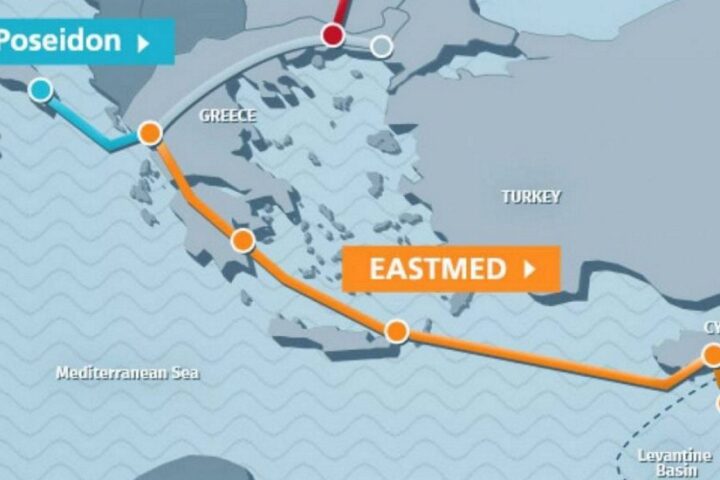Many Europeans are aware that cookies can trace people’s online activities, but only one in three (36%) changed their internet browser settings to prevent or limit cookie use; Cyprus had the lowest share.
And only one in five (21%) reported they had used software that limits the ability to track their activities, according to Eurostat.
Cyprus ranks last place on both these issues.
Only 11% reported they had changed their browser settings to limit or prevent cookie use.
The percentage of Cypriots that used software to prevent tracking their activities on the internet was almost 0%, as not essential to count.
Although, 75% of Cypriots reported they are aware that cookies can be used to trace people’s online activities (an increase from 71% in 2020).
In the European Union, 80% of people on average said they were aware of the situation (an increase from 79% in 2020).
This percentage was higher among persons aged 16-24 (86%) and relatively lower among 55-24 (74%).
In the case of Cyprus, 84% of people aged 16-24 reported awareness, compared with 54% for people aged 55-74.
Eurostat published the data to address the safer and more responsible use of online technology and mobile phones, particularly regarding the concerns raised by the use and misuse of cookies.
Cookies are a tool used to register users’ actions on the internet for easier browsing and personalise advertising.
Cookies, however, can also be used in ways that violate the privacy of internet users.
When it comes to changing the internet browser settings to prevent or limit cookies, the highest proportion of internet users was found in Finland (56%), the Netherlands (51%), followed by Germany and Luxembourg (both 46%).
By contrast, a considerably smaller proportion of the internet users had taken such action in Cyprus (11%), Romania (16%) and Bulgaria (21%).
Among the EU Member States, internet users in Belgium were more serious about online tracking, with 51% using software to limit the ability to track activities online.
They were followed by users in Malta (32%), the Netherlands (31%), Ireland (28%) and Sweden (27%).
By contrast, the lowest shares of users who use this kind of software were Bulgaria, Romania, and Latvia (12%).










